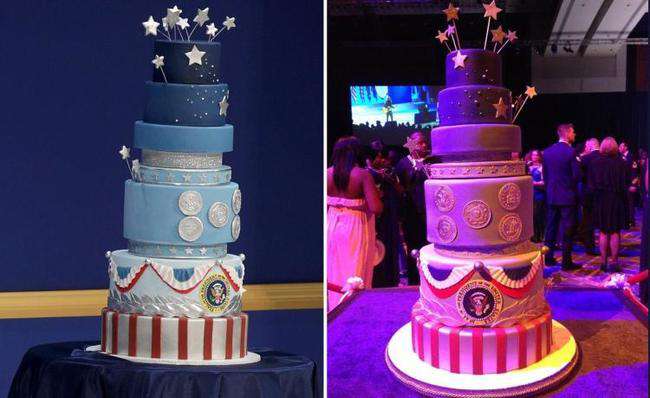As Investment Moves Overseas, the US Must Restore its Gold-Standard Patent System
Venture capital investment in the United States has declined steadily for years, as investors abandon an uncertain domestic climate for more reliable opportunities in foreign countries. In a report on the current state of the entrepreneurial ecosystem, the National Venture Capital Association emphasizes the extreme decline in the US share of global venture capital in the last twenty years, highlighting a drop from 83% of global share in 1996 to just 54% in 2015. At a time of decreasing investment, the US should be working to improve its innovation ecosystem, providing stable and effective property rights to inventors so that VCs can once again feel confident that investments in startups’ R&D—secured by patent rights—won’t just be stolen by established and better-financed infringers. Unfortunately, its doing just the opposite. Over the past decade, the US has continued to gut its patent...







